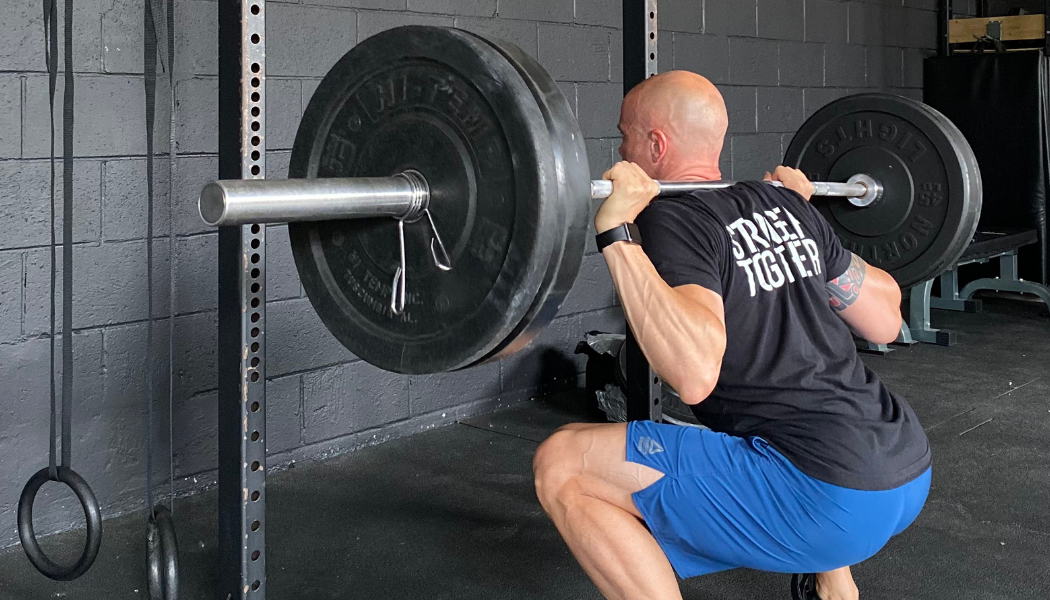How You Eat Matters

Over the past two weeks of our Fall Reset, we’ve talked about macronutrients, micronutrients, and why both matter.
Those past emails have been about WHAT you eat, but today we dive into HOW.
Sometimes referred to as “eating hygiene” or “food hygiene,” all of the behaviours surrounding and the environment in which you eat matter a whole lot.
Are you sitting down to eat slowly in a distraction-free environment, or are you shovelling in some food in between answering emails? The difference here matters more than you think.
Digestion begins in the mouth with enzymes in your saliva. In order for your body to properly digest the food you eat, it’s important that you chew your food 20-30 times before swallowing. The average person comes well short of that, typically chewing their food only six times before swallowing.
But food hygiene isn’t just about chewing your food. Do you sit or stand while you eat? Are you distracted while eating? Are you drinking liquids with your meal? All of these factors make proper digestion and absorption of your food more difficult for your body.
If weight loss or healthy weight management is a goal of yours, it’s especially important for you to slow down when eating your meals. It takes about 20 minutes for your gut to signal to your brain that you’re full and reduce your sense of hunger. If it takes you less than 20 minutes to polish off a meal, you are significantly more likely to overeat, since your brain has no way of knowing that you’re full that quickly.
Fall Reset Homework: Something To Try This Week
Sit down, slow down, and put your phone away for all three meals every day. It may sound simple, but simple isn’t necessarily easy, and the potential impact of good food hygiene can not be understated.
Keep Up With Last Week’s Homework
As we head into Week 3 of Fall Reset, you should continue to prioritize protein as well as incorporate as many colours into your meals as possible. Our goal over the next couple of weeks is to build healthy habits on top of other healthy habits — just because we’re three weeks in doesn’t mean you can forget about what we discussed for Week 1.
Next Week: Demystifying Food Quality
For the final week of Fall Reset, we’ll deep-dive into what actually makes some foods healthier than others. We all know we should be prioritizing high quality foods, but what does that actually mean? Do labels like organic, non-GMO, vegan, and vitamin-fortified hold any water? Stay tuned!
The post How You Eat Matters appeared first on CollectiveFit.
More Posts





